Perhaps my voice is not the right one for this blog post. It’s a voice that did not choose the situation I was born into, but most certainly has benefited from it. A voice that has only recently started to grapple with the privilege my family experiences. A voice that will unlikely know what it feels like to walk through daily life with an experience other than that of the majority. A voice that harbors guilt for this privilege, yet is reluctant to give it up.
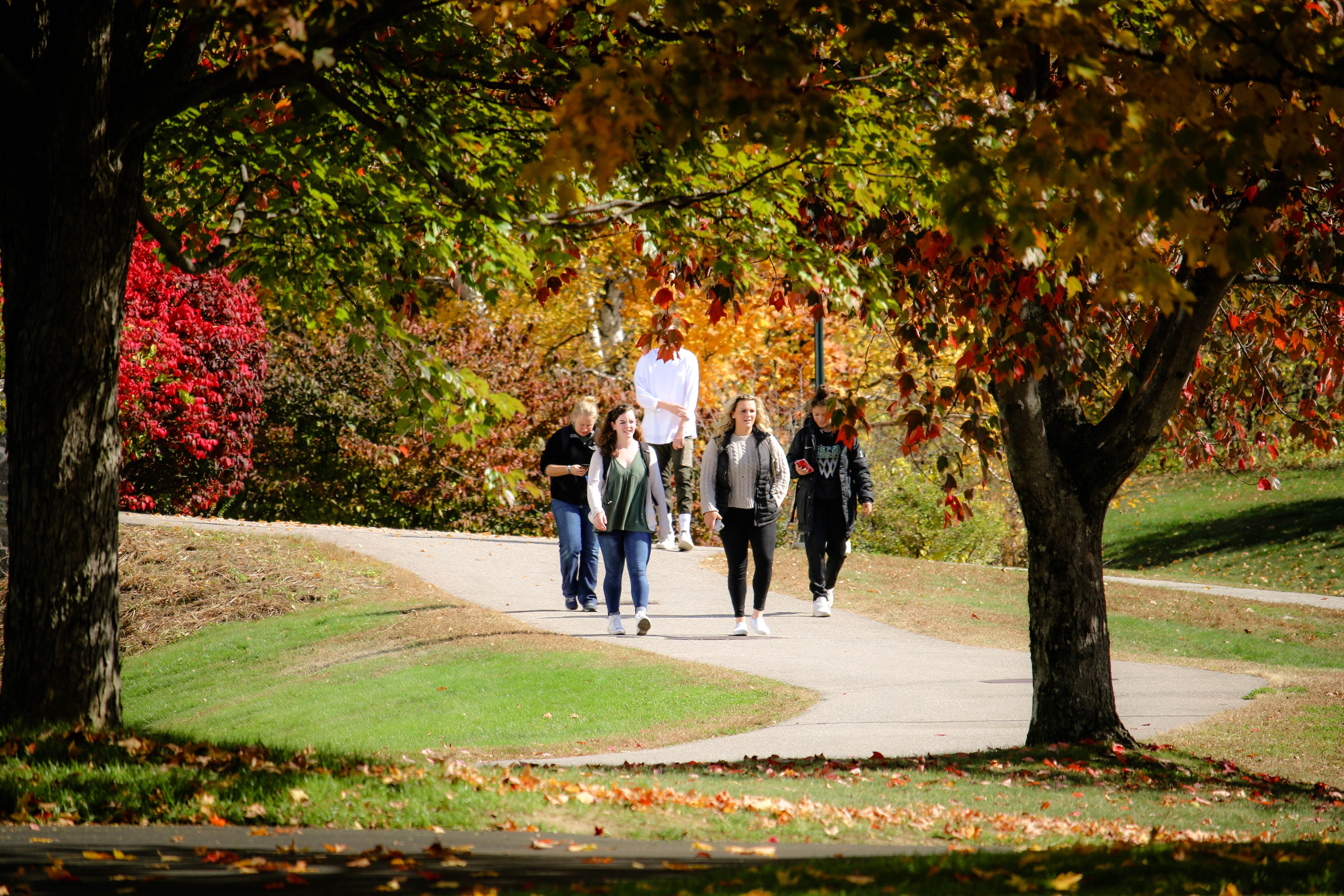
I am a white, heterosexual male from a middle class family. The privilege I experienced as a child, and have continued to live each day of my adult life, is a product of the longitude and latitude of my birthplace, my sex, sexual orientation, and the color of my skin. My children are spending their childhood on Proctor’s campus in a bubble of opportunity few children in the world could ever dream. Their privilege is not earned or deserved either, it simply is. The vast majority of you reading this post likely benefit from portions of the same privilege as I do. Hopefully, we can be aware of the remarkable hand we have been dealt through no effort, or fault, of our own. This post is not a moral commentary on privilege, but simply an honest look at how schools like Proctor must grapple with and become more aware of the privilege that exists on our campuses.
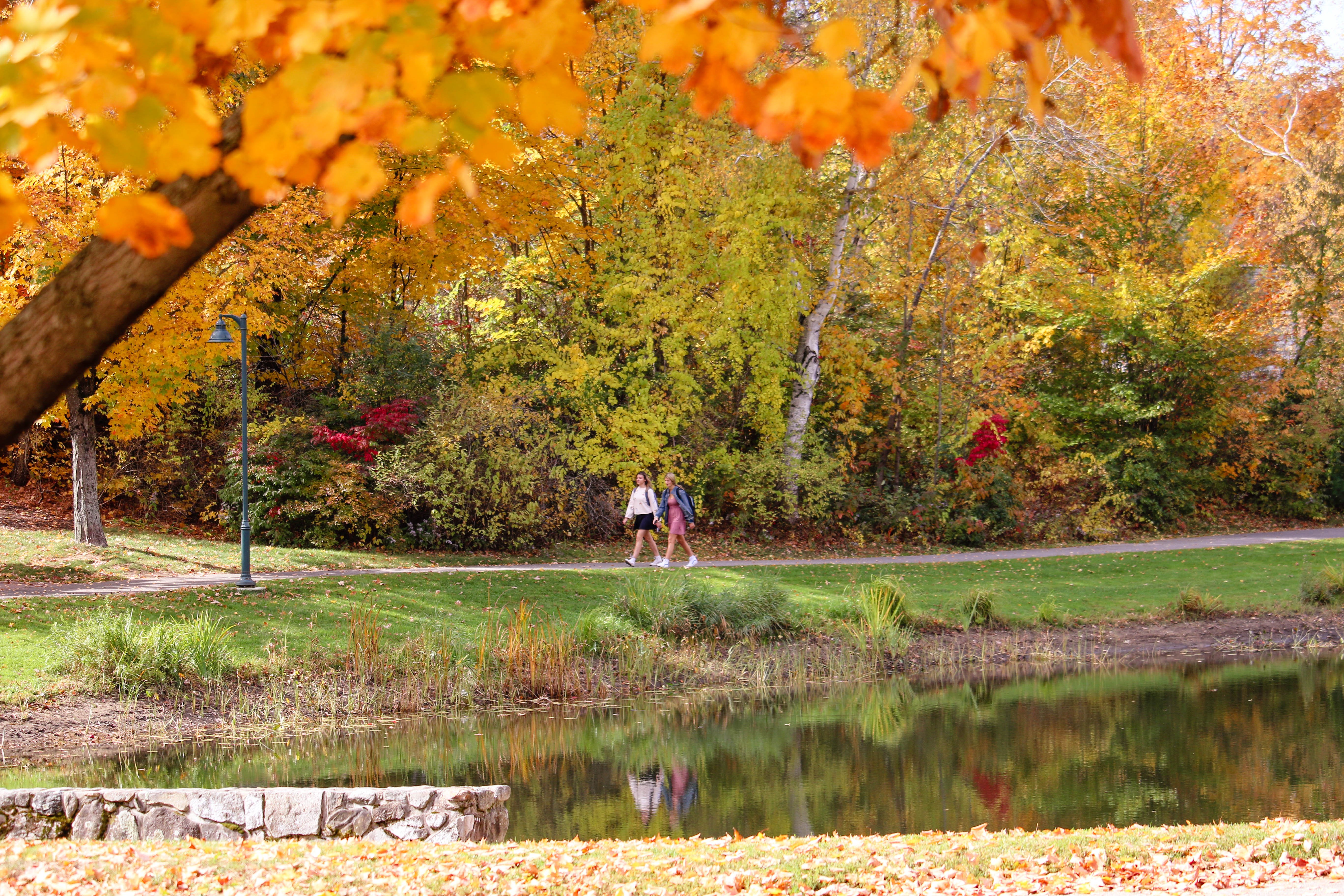
Proctor’s student body is 85% white, with a similar percentage of students from homes whose household incomes fall in the top 5% nationwide (top 1% globally). Our faculty and staff have an even more homogenous makeup. We have significant work to do in critically evaluating the makeup of our community. An essential first step in this work is self-awareness. Today we made small strides through conversations facilitated by the Reverend Lennox Yearwood, Jr. of the Hip Hop Caucus in assembly and classes, and later during Proctor’s Indigenous People’s Day celebration.
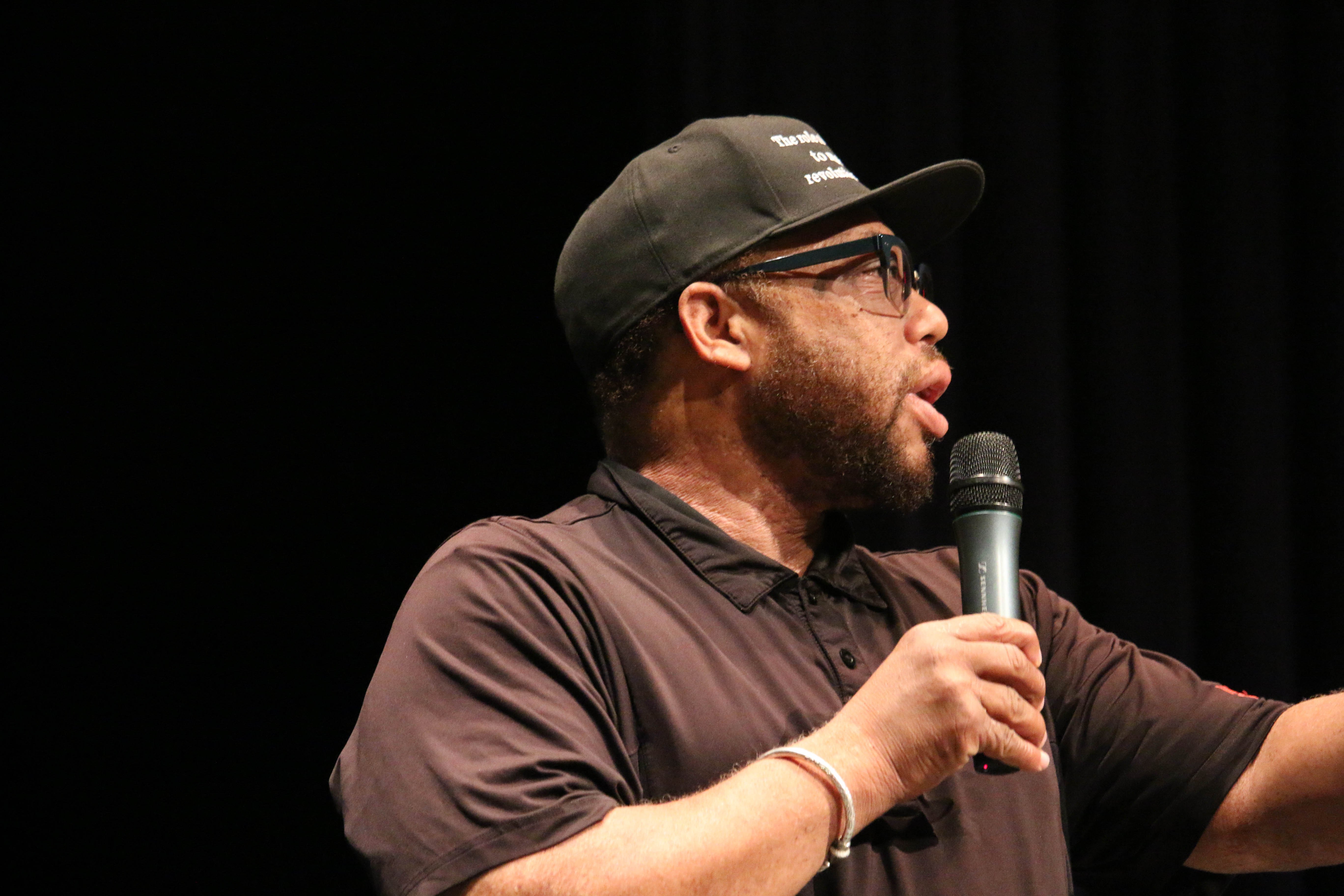
Reverend Yearwood shared about his work leveraging a global network of hip hop artists and activists to strengthen democracy, work for civil and human rights, fight for climate change awareness and environmental justice, and advocate for economic empowerment in communities across the country. He shared that his personal motivation for being an activist lies in his desire to be an effective steward of the privilege he experiences as a successful African-American male in order to change the lives of others.
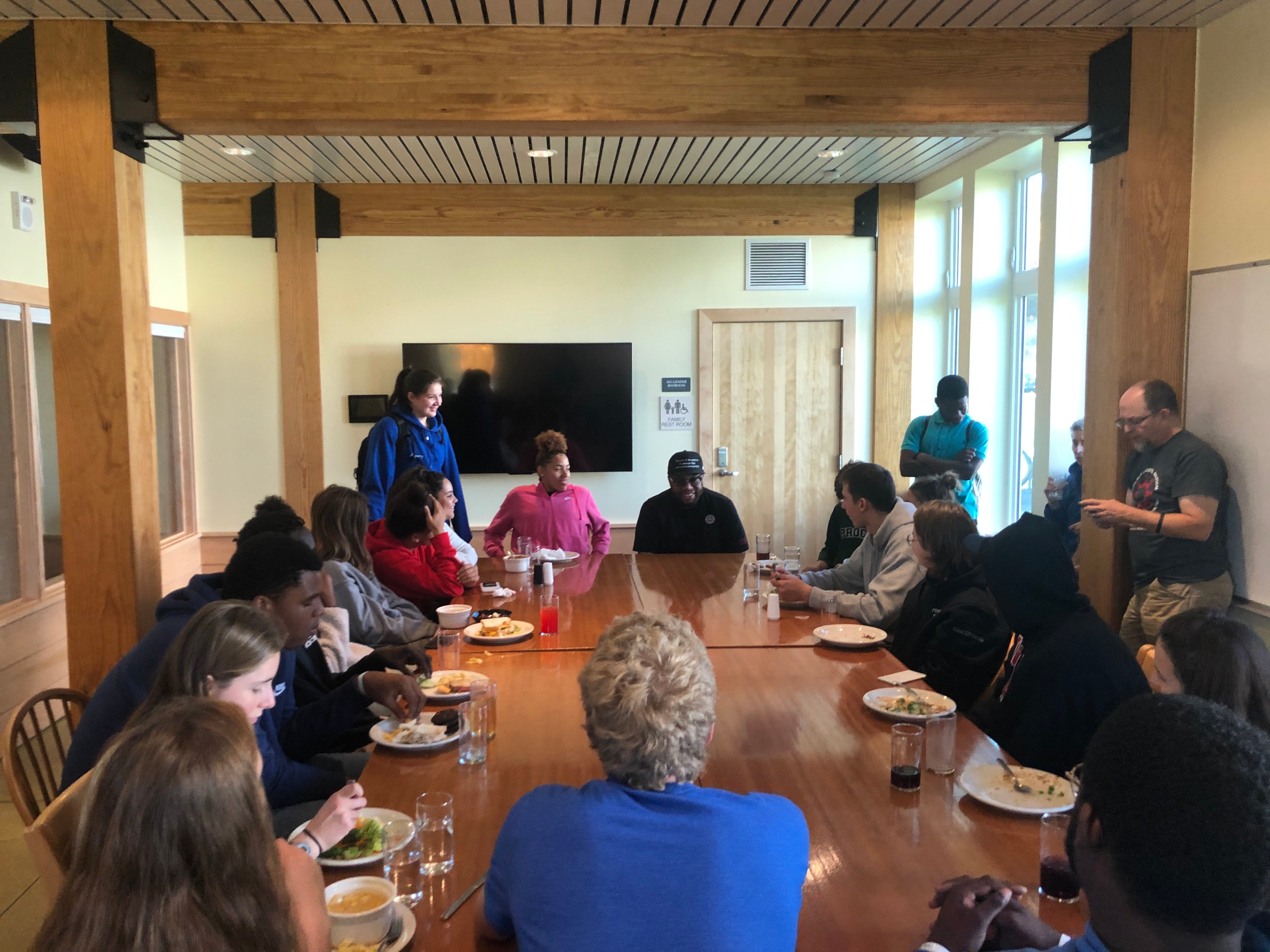
During his lunch meeting with students and faculty, he noted, “As global citizens, we are connected to the whole world through technology. There are so many issues to address that it can feel overwhelming: climate change, race relations, xenophobia, immigration, war, addiction. Previous generations were able to choose A cause to fight for, to be revolutionaries for. You are the first generation of activists who must not just be revolutionary, but solutionary. You can’t just charge out there and fight for your cause because there are too many issues to fight for, all interrelated. You have to work together to identify an end goal, and then take steps toward achieving it. The challenge is for a lot of these issues there is a running clock. That’s why we need you. It's the fourth quarter and your generation is humanity's star player.”
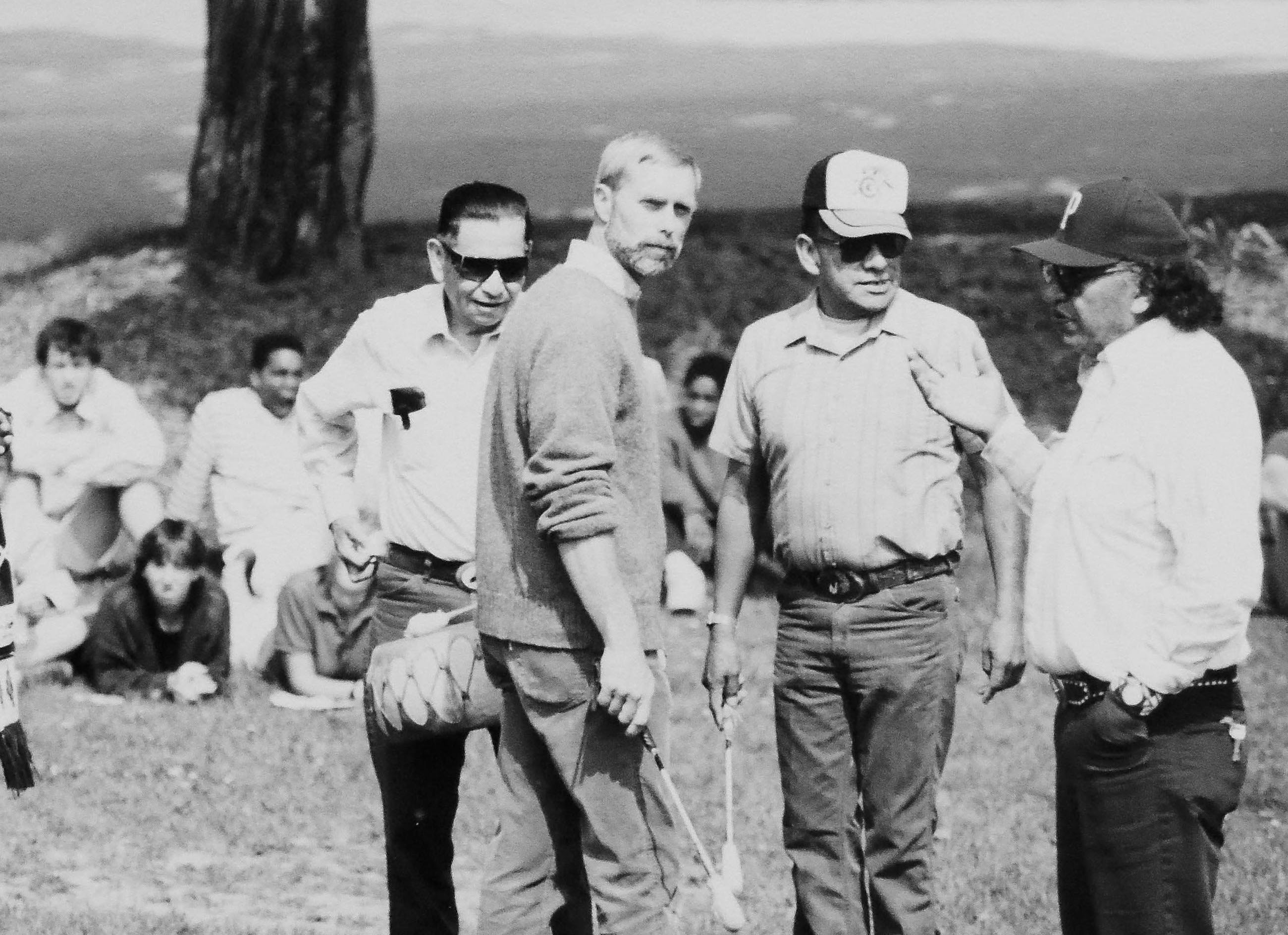
The Rev’s message of stewardship echoed through the words of Multicultural Coordinator Lori Patriacca as she encouraged those of us gathered to celebrate Indigenous People’s Day to be stewards of the privilege we experience by serving as voices for the voiceless. “At Proctor, we must strive to honor our past and to dig into the places where tension exists so that we can bring our faculty, staff, students and wider community along on the path of knowledge. The worst thing we can do is be silent.”
Students enrolled in Caroline Murphy and John Bouton's Culture and Conflict course helped break this silence tonight as they shared research reflections on their study of Native American cultures and history. Their voices boldly represented a generation of young leaders who are wrestling with a newfound awareness of their individual privilege within the landscape of a predominantly white, upper class prep school.
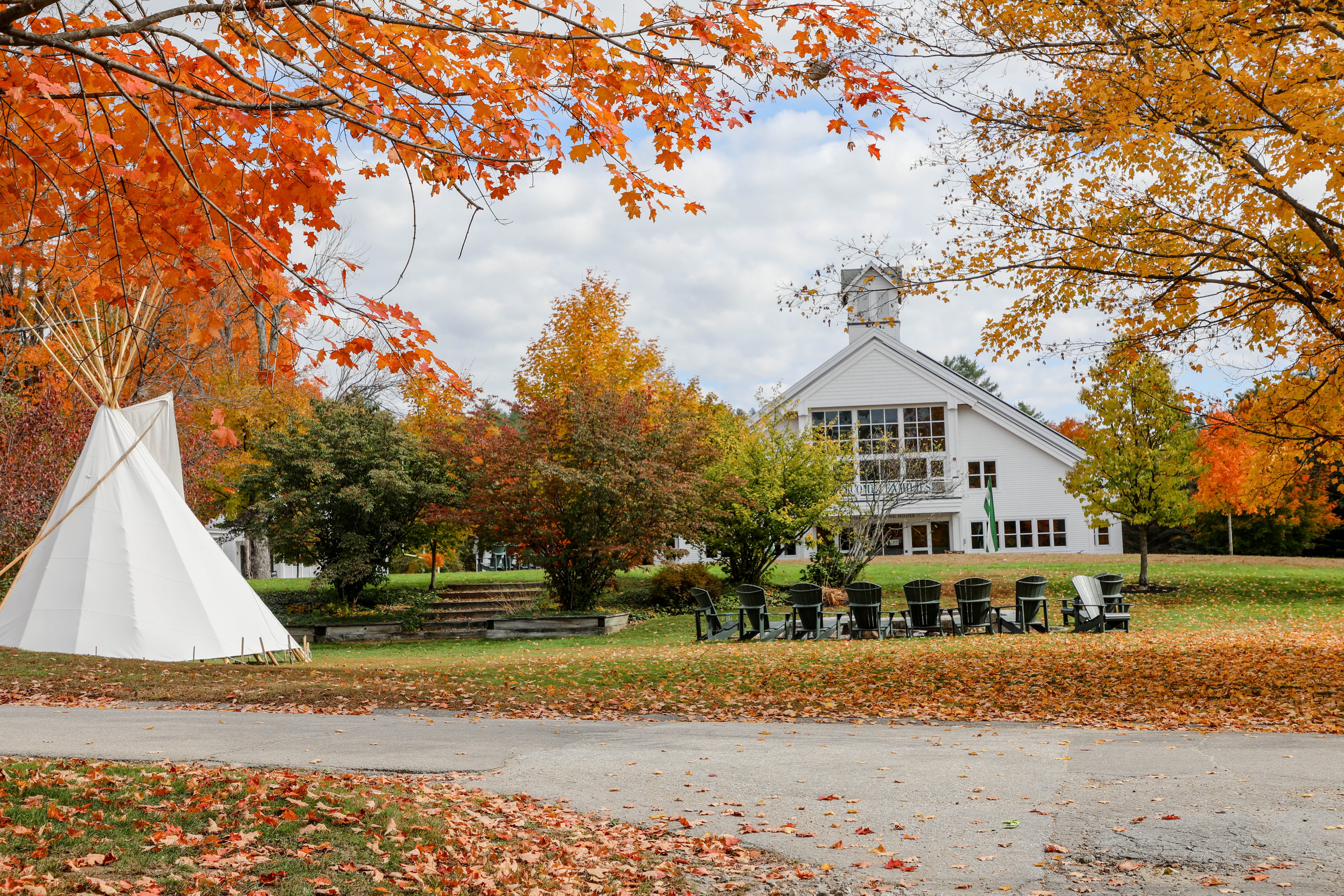
The conversations with visitors like Reverend Yearwood. The classes that ask the tough questions about race, equality, inclusion, privilege and our community here at Proctor. The adults like Lori, Shauna, Junior, Seth, Jill, Caroline, John, Tom, and so many others who push us to be uncomfortable as we collectively and individually confront, acknowledge, and become more aware of our privilege. These moments are where our work begins, but not where it ends. We must ask ourselves: How, as an independent boarding school operating within an industry fundamentally rooted in the notion of privilege, will Proctor stand for something more? We must stand for something more.








